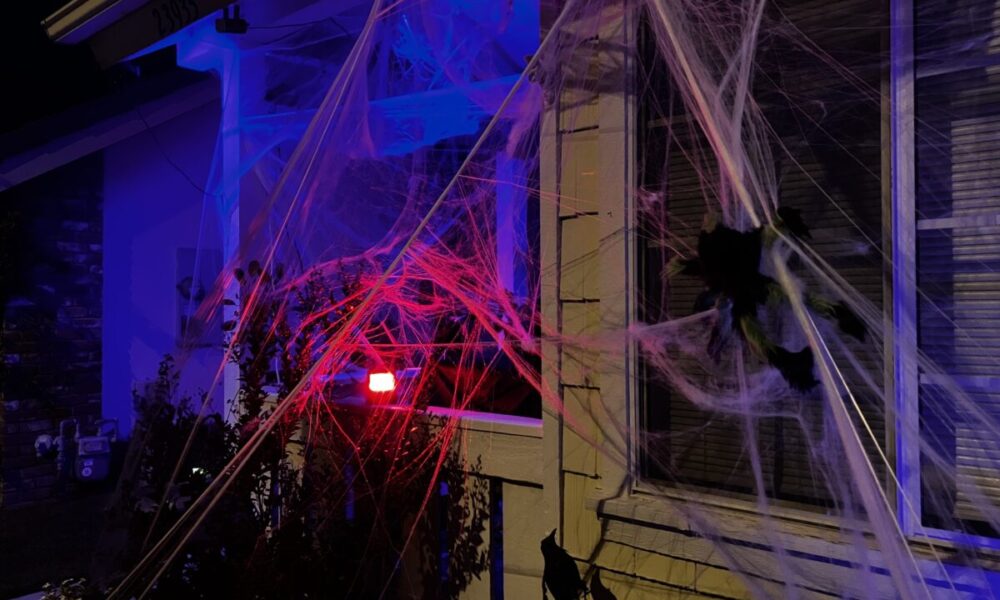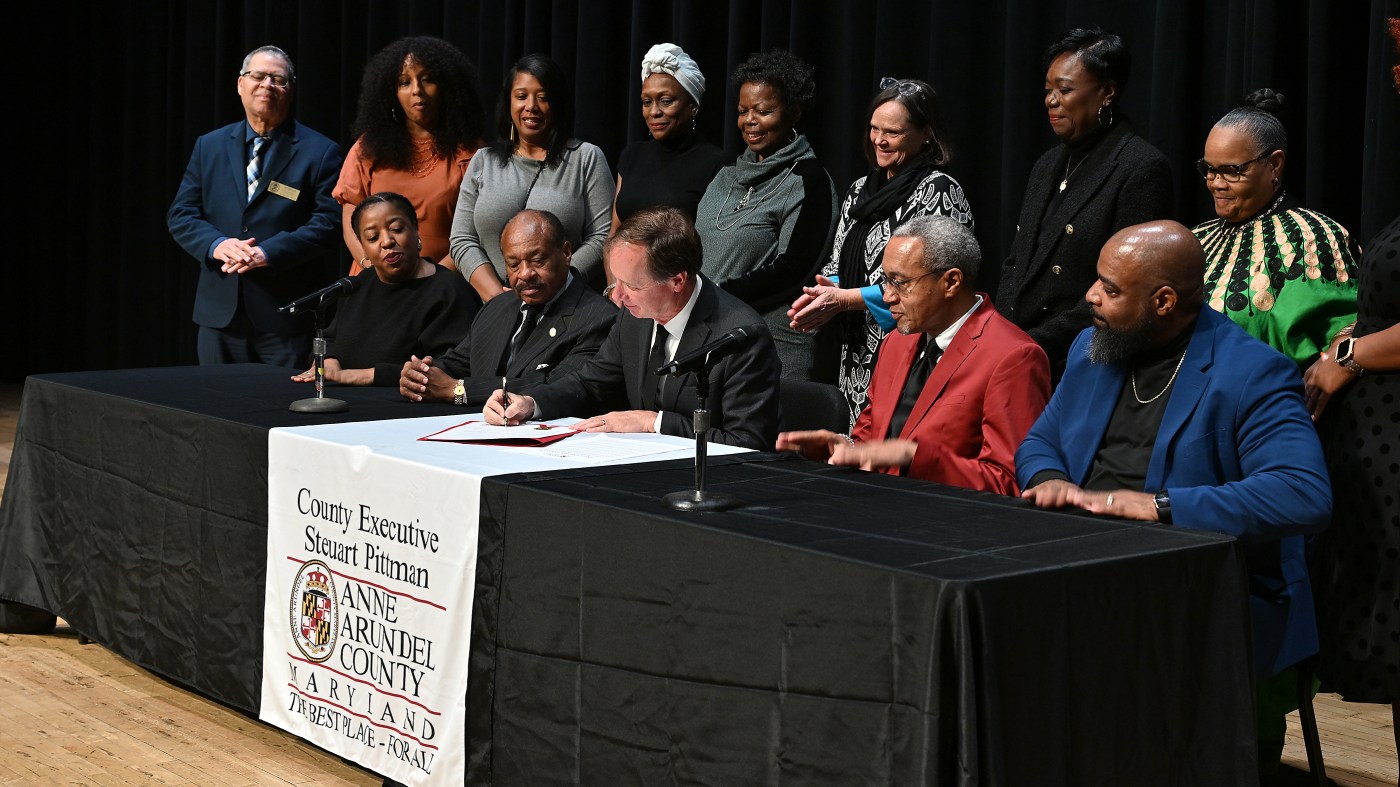UPDATE: A new poll from the University of Michigan National Poll on Healthy Aging reveals alarming gaps in awareness of critical care options among older adults. Just 36% of individuals aged 50 and over reported understanding palliative care, while 68% claimed knowledge of hospice care. These findings underscore an urgent need for increased education on these essential services.
The poll indicates that while many older adults recognize the importance of care options at the end of life, a significant percentage remain largely uninformed. After receiving definitions of palliative and hospice care, a resounding 84% expressed interest in palliative care if faced with a serious illness, and 85% showed interest in hospice care when nearing the end of life.
Dr. Adam Marks, a palliative care physician at U-M Health, commented, “We clearly have our work cut out for us to increase understanding of both these types of care, but especially palliative care.” He emphasized that palliative care is not a sign of “giving up” on treatment but rather a crucial part of a comprehensive care plan that addresses symptom management and psychosocial support.
The poll also highlights significant disparities in awareness based on race and socioeconomic status. White and Asian-American respondents were nearly twice as likely to know about palliative care compared to Black and Hispanic individuals. Awareness of hospice care also varied, with 52% of Black respondents and 53% of Asian Americans reporting knowledge of hospice options, compared to 72% of white respondents.
Dr. Jeffrey Kullgren, poll director, urged healthcare providers to recognize these knowledge gaps. “Conversations about palliative and hospice care should begin with assessing patient awareness,” he said. This approach ensures patients can make informed decisions about their care.
In Michigan, the data mirrors national trends. Of the Michiganders surveyed, only 33% reported awareness of palliative care, while 68% were informed about hospice care. However, interest in both types of care surged once definitions were provided, indicating a clear opportunity for outreach and education.
With the rising prevalence of serious illnesses among older adults, this poll serves as a wake-up call for healthcare systems. As more facilities integrate palliative care, it is crucial that patients understand they can receive this support alongside traditional treatments. “Hospice care is now offered for a wider range of diagnoses,” Dr. Marks added, highlighting its growing importance.
For older adults and their families, understanding these care options is vital for ensuring comfort and dignity during challenging times. Resources such as the Area Agency on Aging can connect individuals to local palliative and hospice services.
As awareness grows, healthcare providers must prioritize educating patients about their options to enhance quality of life at every stage of serious illness. This poll’s findings are not just numbers; they represent real people facing critical decisions about their health and well-being.
Immediate action is needed to bridge these awareness gaps. The health community must engage older adults, families, and caregivers in discussions about the benefits and availability of palliative and hospice care to ensure informed choices are made when they matter most.







